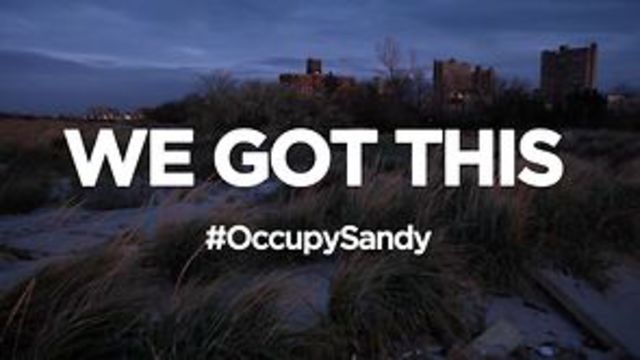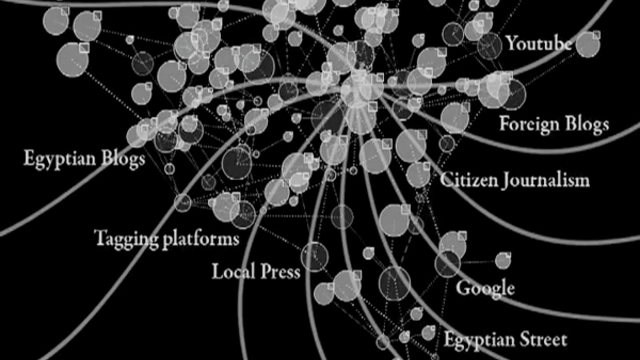Occupy and the Provision of Public Space: The City's Responsibilities
The occupation of key public spaces by Occupy Wall Street, as a means of
calling attention to more basic problems, raises questions of the role
of public spaces that need to be urgently dealt with. The basic
questions about the organization of society, democracy, inequality,
social justice, public priorities are deep-going and require long-term
answers. They should not be pre-empted by the immediate needs for space,
not should any space be fetishized. But spatial issues need to be dealt
with immediately and urgently.


